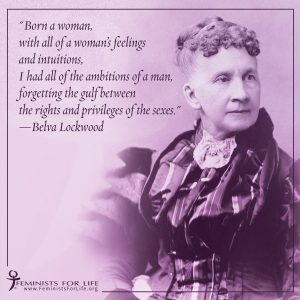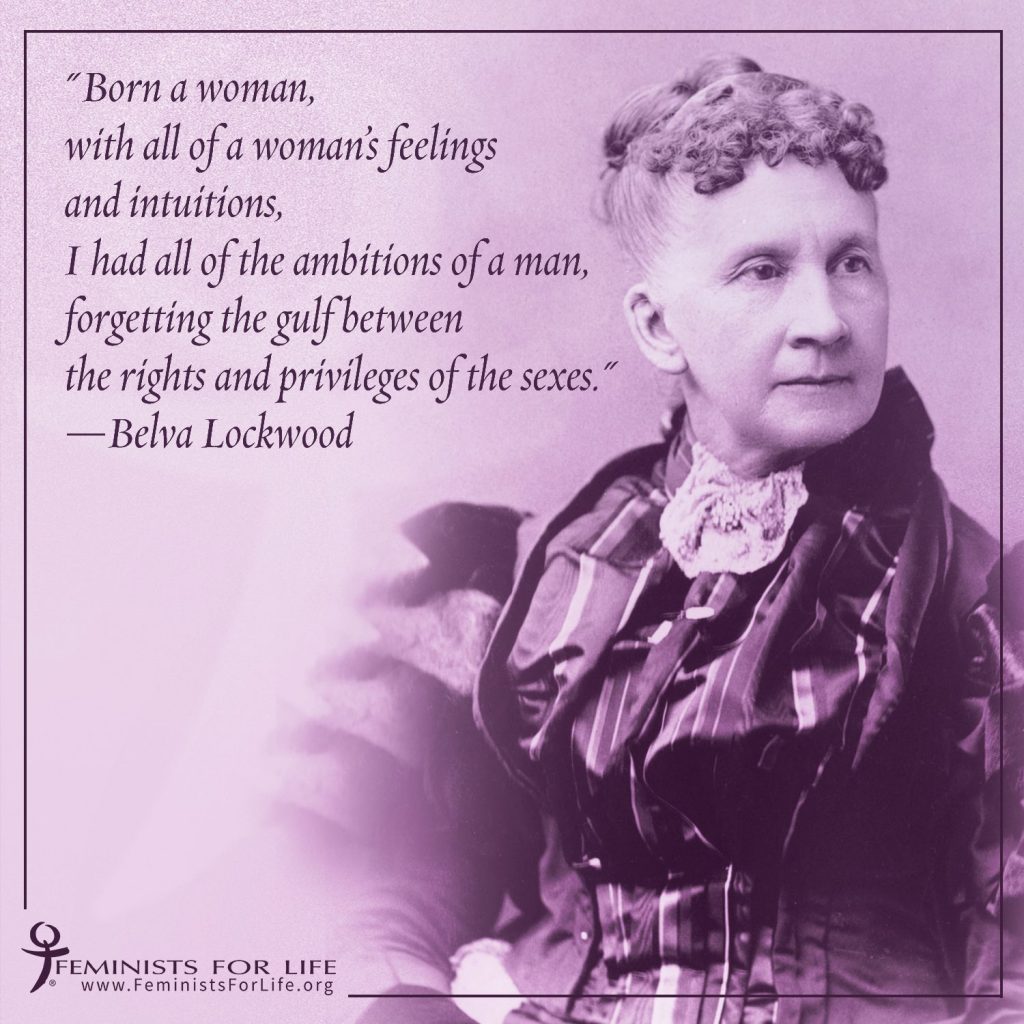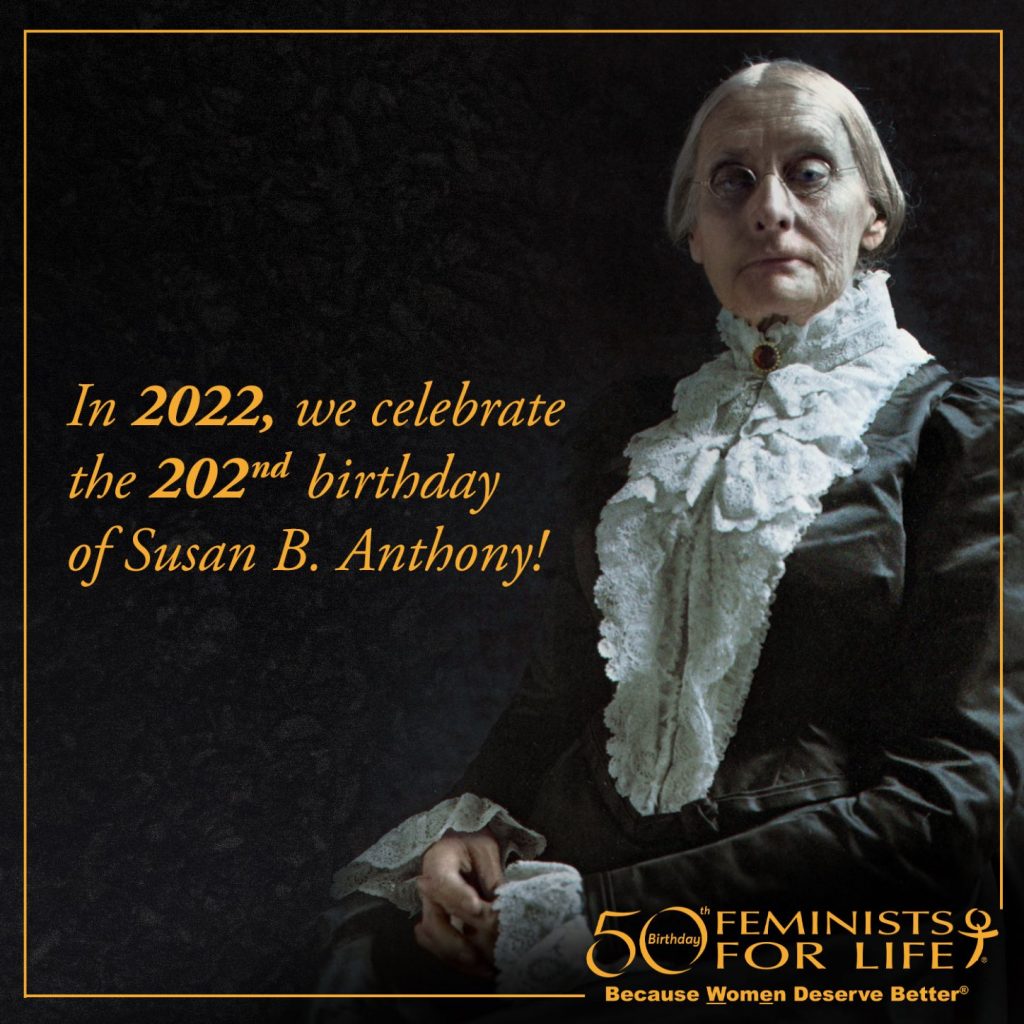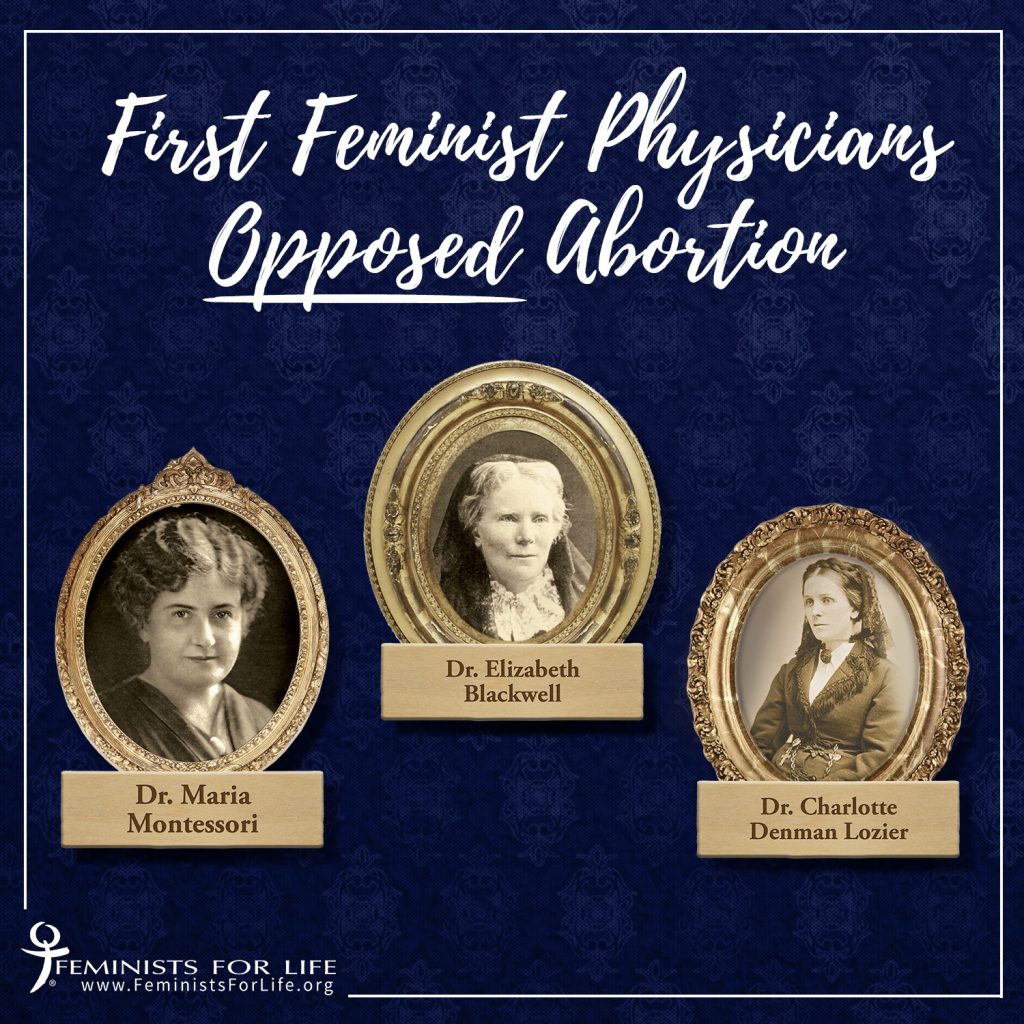
Belva Lockwood, born in 1830, may be one of the most amazing suffragists you have never heard of, but what a remarkable woman she was! As a teacher in New York, Lockwood championed coeducation and expanded curriculum — including science and rhetoric — for girls. Lockwood moved to Washington D.C. and earned a law degree from National University, now part of the George Washington University Law School. Because of her sex, Lockwood was denied her diploma; not until she appealed to President Ulysses S. Grant did the school cede the document.
Widowed twice, Lockwood withstood years of anti-woman discrimination to become the first female attorney admitted to the U.S. Supreme Court Bar in 1879, and thus the first woman to argue before the U.S. Supreme Court. In 1884, the Equal Rights Party nominated her for President. Unlike Victoria Woodhull, Lockwood ran a full-fledged presidential campaign in support of equal rights for every citizen. Lockwood lost soundly but inspired women nationwide. After losing the election, she spent the rest of her life working for suffrage, including land rights for women in Washington D.C. and writing the suffrage clauses for the Arizona, New Mexico, and Oklahoma state bills; civil rights; and international peace.
Lockwood’s courtroom victories include a federal equal pay bill for female civil servants and suffrage clauses in several states. In a 1906 decision by the Supreme Court, she won $5 million for the Cherokee Nation for their forcible displacement by the U.S. government. She was also a fixture in the peace and disarmament movements until she died in poverty on May 17, 1917. After her death, her personal papers were burned.








